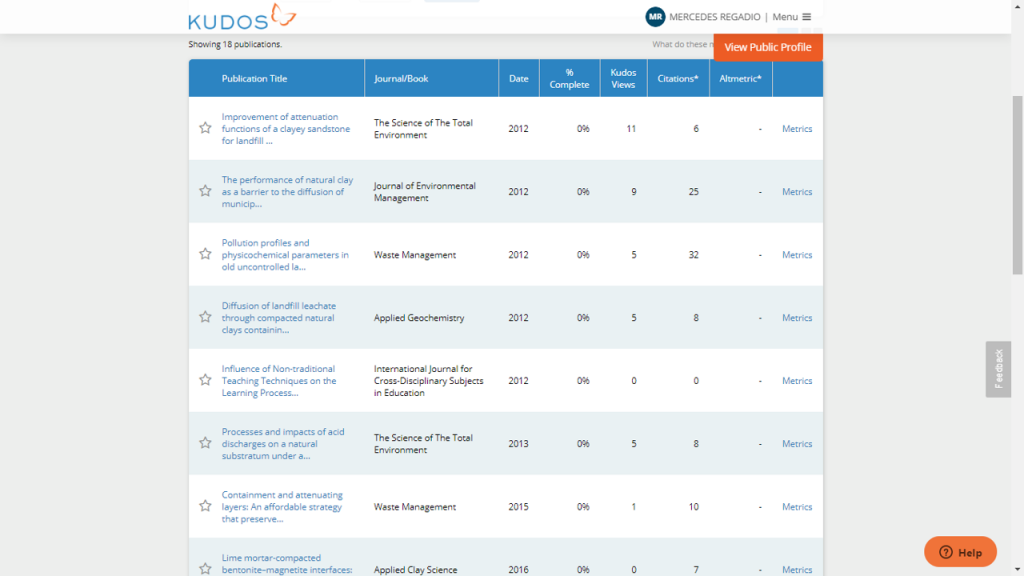An online platform that helps any kind of reader find your work: whether colleagues, researchers inside and outside of your field, the scientific news media, or the general public.
After thousands of hours of hard work, you carefully wrote up the results, polished your manuscript through rounds of revisions, and received the good news that your article was accepted and published. You can turn the page and start the following task. Or you could act, instead of waiting for the world to discover your groundbreaking work.
Kudos aims to help authors increase readership. Rather than waiting for people to find your article or hoping that your journal will effectively promote it, you can use a tool like Kudos to increase your article’s reach. It is currently free for authors and paid for by participating publishers.
Kudos co-founder Melinda Kenneway at the 2014 Society for Scholarly Publishers (SSP) conference in Boston, said that she wants to give authors more “control” over the post-publication reach of their work:
In the past, authors were almost entirely dependent on their publishers to make sure their work gets found, read and cited. But with almost 2 million new articles being published every year, it’s becoming ever more critical for authors to use their own networks and expertise to ensure their publications get noticed.
Kenneway
In an extensive article published in AJE by Amy Beisel, four Kudos’ features are highlighted:
- An editable plain-text field to summarize your work and its importance to the general audience.
- Space for adding links to data sets, photos, graphs, media coverage… or to point readers to coverage or blog mentions of your work
- Integrated social media (incl. Facebook, Twitter) to easily share a link either your enriched Kudos article profile or the version on the publisher’s website.
- Impact evaluation from publisher data and activity on your Kudos article page (similar than in researchgate, Kudos shows the n# times your publication is viewed and downloaded, and the article citations). It has also integrated with Altmetric, a service that quantifies interest in your article beyond citation metrics. For each publication you’ve claimed on your Kudos dashboard, you can view its Altmetric score and the various inputs into that score, including blog posts, tweets, and comments on publisher sites that mention your article.
From the home page, you can search for any of your publications that has a registered DOI in CrossRef, using the built-in search feature. By creating an user account, you can then manage your publications: first click the “claim” button next to each of your articles, then the article appears in your dashboard.

Your account dashboard displays a summary view of your claimed publications; the actions you have taken to enrich and share each publication; and various measures of your publication’s reach, including article views, article downloads, and Altmetric score (see below). By clicking on an article from your dashboard, you will open your article’s profile page hosted by Kudos.
Your article profile page includes several components: title, authors, and journal; a link back to the article’s version of record on the publisher’s website; and editable fields where you can place additional context to help readers understand the importance of your article.
